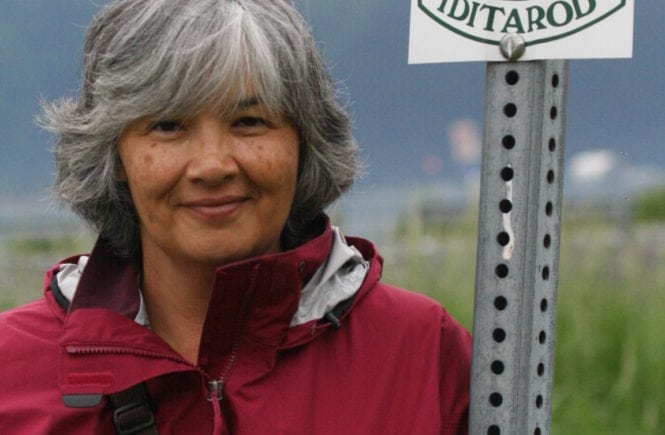If the Indian Child Welfare Act is overturned, it would make it easier for non-indigenous families to adopt indigenous children.
FORT COLLINS, Colo. — When Susan Devan Harness, an indigenous
transracial adoptee, was removed from her home as a child, she was
placed with a white family, and the resulting experience was a lifetime
of otherness.
“You cannot take a child from a colonized race and place them in the
midst of the colonizers and think everything’s going to go great,” said
Harness, a Fort Collins author who said she is Salish Kootenai, of
Western Montana.
The U.S. Supreme Court is considering a challenge to the Indian Child Welfare Act, also known as ICWA,
enacted in 1978 to put in place adoption protections for Native
American and Alaska Native children. If those protections are
overturned, it would make it easier for non-native families to adopt a
native child.
Before ICWA, indigenous children were removed from their homes at
high rates. Studies showed 25% to 35% of indigenous children were being
removed from their homes. Of that group, 85% were placed outside of
their family and reservation community.
As someone who was removed from her home, Harness said she struggled
to connect with American Indian peers in school and she also faced
incredible difficulties trying to reconnect with her tribe.
There are complications to living in between those two worlds. The
first, Harness said, is the historic violence and conflict that
indigenous communities have faced at the hands of white communities.
“They’ve declared wars on us," she said. "Over a thousand wars,
they’ve declared on us, the U.S. Army. They’ve objectified us and moved
us when they didn’t want us. They’ve educated us in schools whose motto
was ‘kill the Indian, save the man.’ ”
To understand who she was, she went to school to study anthropology.
Eventually, she found others like her. They didn’t fit into white
mainstream culture but didn’t necessarily have a place amongst American
Indian peers, either.
“You can't be funny enough. You can't be scholarly enough. You can't
be talented enough,” Harness said. “You're always going to be this
person, this American Indian, living in white America.”
Harness wrote a book about her experience, aptly titled “Bitterroot,” named after a medicinal plant that grows near her tribe.
“It has the ability where if it goes through a lot of drought, it
doesn’t bloom, but the first time it gets rain, it blooms in amazing
ways,” she said.
Her book brought in rain. Harness reconnected with her tribe and even
has an honor song. Now Harness knows her biological family, intimately,
but that did not happen without a lifetime of emotional struggle.
“I don’t want to see other kids come out the same way I did, the same
way a lot of people in my generation did, trying to figure out what
happened to us when we’re in our 40s and 50s,” she said.
The U.S. Supreme Court has taken up challenges to ICWA three times —
in 1989, 2013 and 2022. The current case is the most significant because
it raises questions of equal protection under the Constitution.
The justices heard three hours of arguments Nov. 9. The high court
wasn’t expected to rule in the case until next summer. Lower courts
split on the case.
As the Supreme Court challenge goes on, Harness has a message: Anyone
involved in a transracial adoption has an immediate responsibility to
help the child find their place of belonging.
“They better be able to take that kid to the reservation every single
year,” she said. “They better make friends with people in the tribe to
ensure that child is given a proper education of who they are and where
they came from.”
HER FANTASTIC WEBSITE: HERE
Interview – The Archibald Project – American Indian Transracial Adoption
MORE ADOPTEE STORIES
Return to Seoul Trailer A film about a Korean-born French adoptee who returns to her country of birth.
Indigenous transracial adoptee shares her personal struggle amid US Supreme Court case. Features Susan Devan Harness.
New student organization at MSU offers safe space for adoptees. New adoptee-driven student group at Michigan State University.
Adoption and Culture.
Its December 2022 issue is an Open Access issue featuring critical
adoption scholars’ responses to the US Supreme Court’s decision in Dobbs.I met my birth son once, then he died. The man who adopted him helped me grieve. Essay by Candace Cahill, a mother and late discovery adoptee.
Discovering a Native American Heritage. Video discussion of the film Daughter of a Lost Bird, from the Human Rights Watch Film Festival.







No comments:
Post a Comment
Please leave a comment.